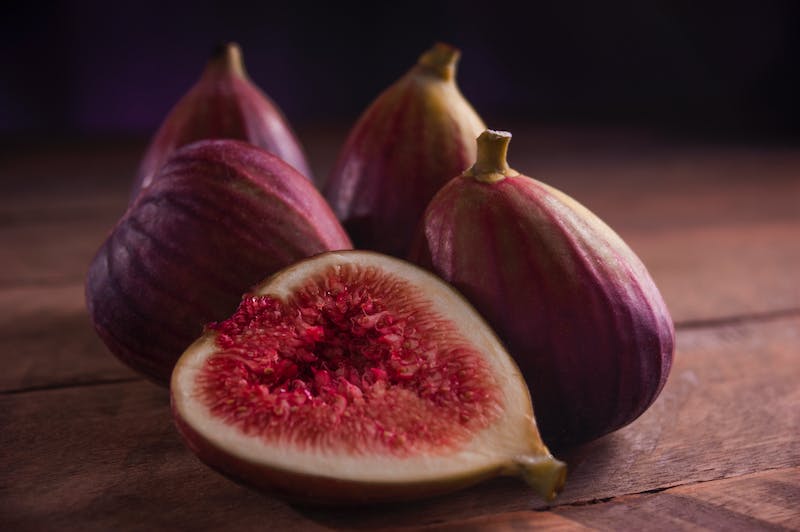
In the culinary world, the battle between dates and figs has been longstanding, each vying for a prime spot on our plates and hearts. This analytical essay delves into the comparative analysis of dates and figs, exploring their uses, nutritional content, and the cultural beliefs surrounding them.
1. Utilitarian Uses:
Dates and figs, while both sweet, exhibit distinct flavours and textures that cater to various culinary applications. Dates, with their intense sweetness and chewy texture, are often used in desserts, energy bars, and sweet snacks. On the other hand, figs, with their unique combination of sweetness and crunchiness, find their way into both sweet and savoury dishes, salads, and charcuterie boards.
2. Nutritional Showdown:
Dates:
Dates are a powerhouse of nutrients, containing essential vitamins and minerals such as potassium, magnesium, vitamin B6, and iron. They are a natural source of energy due to their high sugar content, making them an excellent choice for a quick energy boost. However, their calorie density should be considered, especially for those mindful of their caloric intake.
Figs:
Figs, known for their distinct taste and chewy texture, boast an impressive nutritional profile. They are rich in dietary fibre, promoting digestive health, and are packed with vitamins and minerals like vitamin K, potassium, and magnesium. Figs also contain antioxidants that contribute to overall health and may aid in preventing certain chronic diseases.
3. Cultural Beliefs and Preferences:
Dates:
Dates hold a special place in Islamic culture, with the Prophet Muhammad often breaking his fast with dates and water. The significance of dates during Ramadan has made them a staple in Muslim households, symbolizing sustenance and spiritual nourishment. The natural sweetness and nutritional value of dates make them a beloved choice during this holy month.
Figs:
While not specifically tied to any religious tradition, figs have a rich cultural history. In ancient civilizations, figs were considered a symbol of abundance and fertility. Their presence in various cultural mythologies and traditions highlights their historical importance.
4. Immunity Boosting:
Both dates and figs contribute to immune system health, albeit in different ways.
Dates:
Dates contain vitamins and minerals that support immune function, such as vitamin C, known for its immune-boosting properties. The antioxidants in dates also play a role in protecting the body from oxidative stress.
Figs:
Figs, rich in antioxidants and immune-supporting nutrients, contribute to overall health. Their fibre content aids in maintaining a healthy gut, which is closely linked to immune function.
In the battle of dates versus figs, there is no clear winner; rather, it is a matter of personal preference and nutritional needs. Dates, with their historical and cultural significance, are a sweet delight, especially during religious observances. Figs, on the other hand, offer a versatile option for both sweet and savoury dishes, bringing a unique flavour and texture to the table. From a nutritional standpoint, both fruits offer essential vitamins and minerals, contributing to overall health and well-being.
Ultimately, the choice between dates and figs boils down to individual taste preferences, culinary applications, and cultural significance. Whichever fruit one chooses, there is no denying that both dates and figs have rightfully earned their place as not only delightful treats but also as nutritional powerhouses in our diverse and ever-evolving culinary landscape.